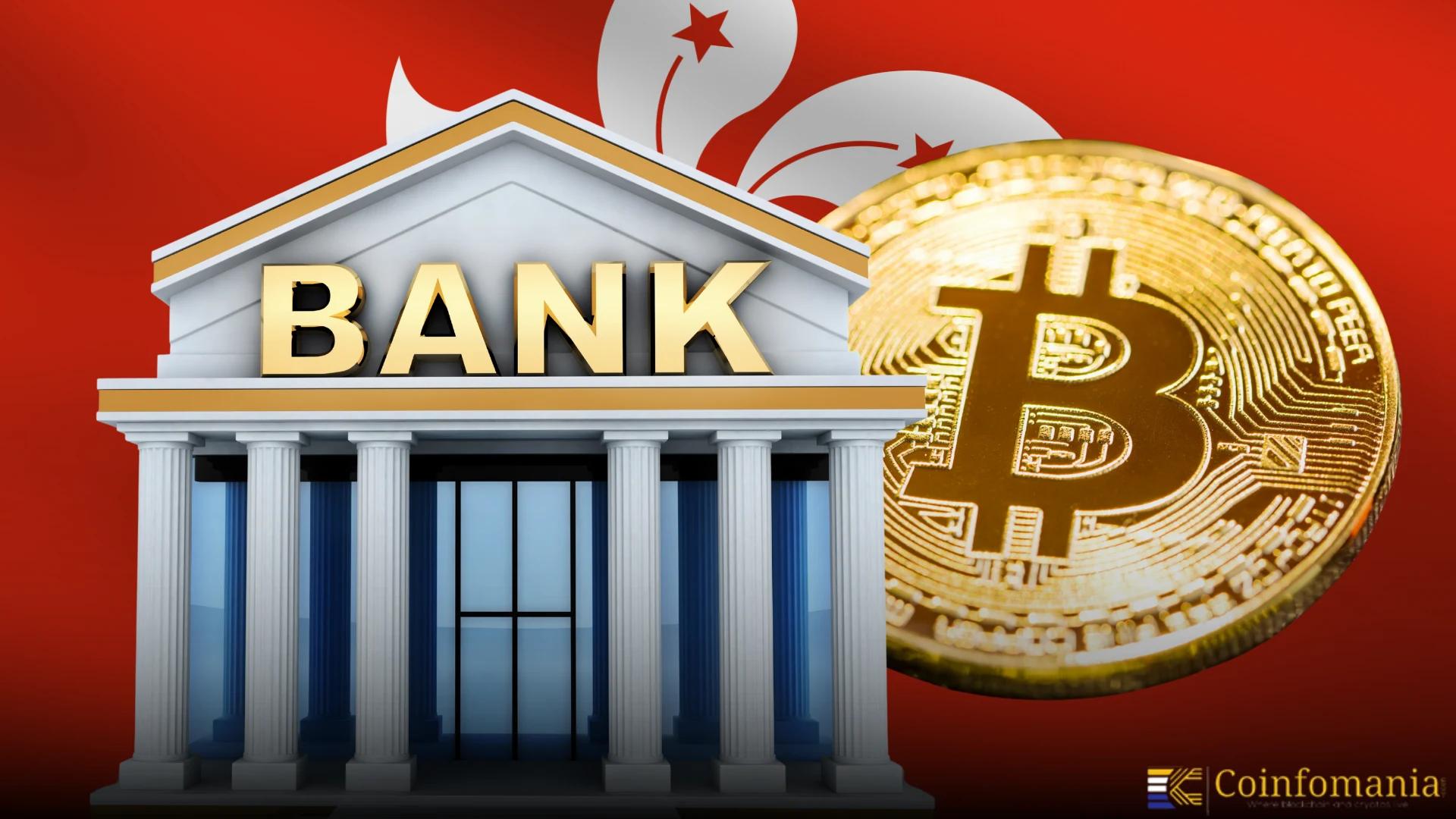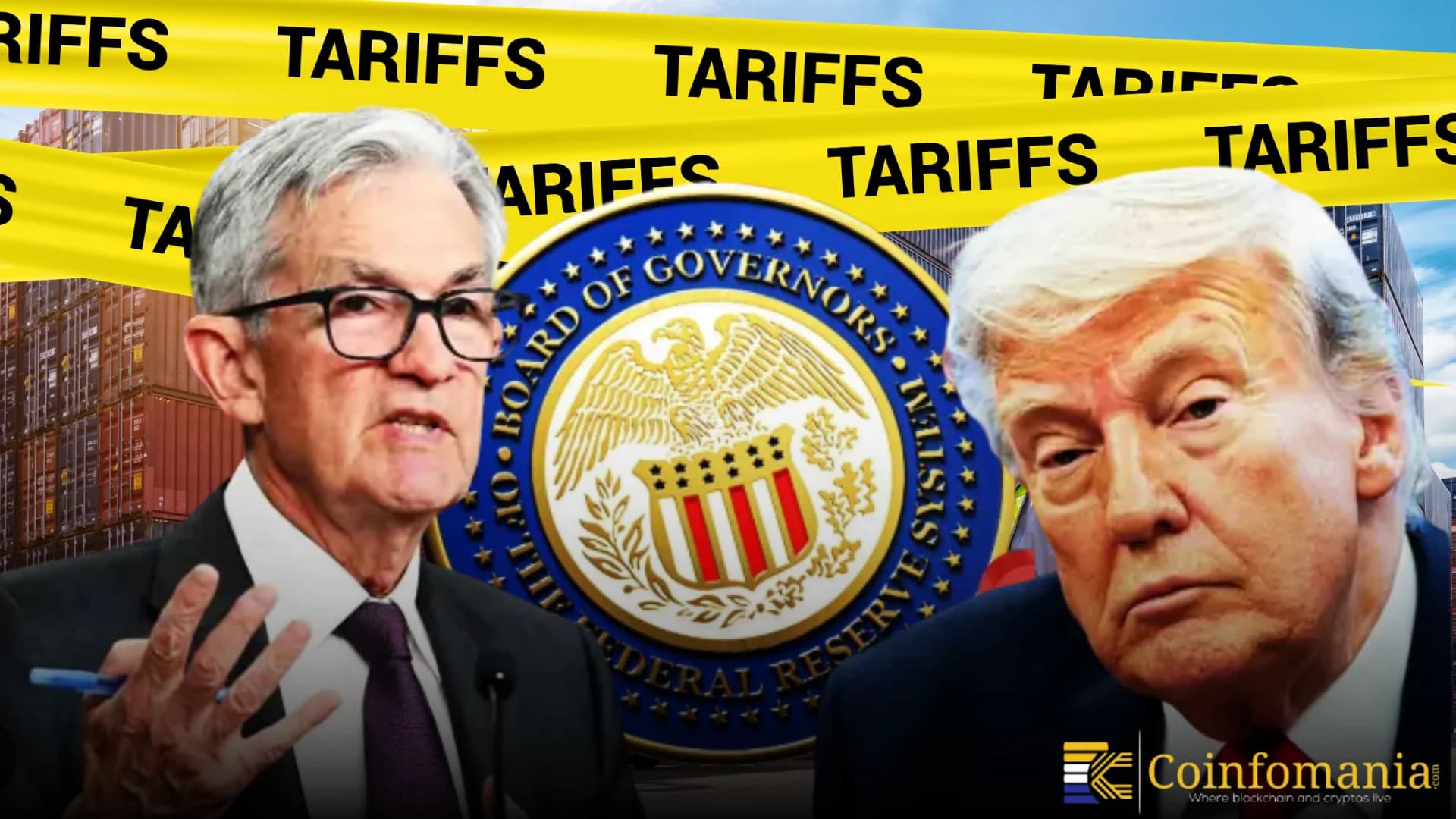Hong Kong To Ease Bank Rules For Licensed Crypto Assets
Hong Kong eases rules for licensed crypto assets, shaping regulation and bitcoin adoption while balancing investor and innovation in Asia.

Quick Take
Summary is AI generated, newsroom reviewed.
Hong Kong proposes easing bank capital rules for licensed crypto assets
Current Basel rules make bitcoin adoption uneconomical for banks worldwide
Stablecoin licensing framework in Hong Kong seen as advanced in Asia
Global regulators take contrasting approaches toward bitcoin adoption frameworks
Success depends on execution, investor trust, and market bitcoin adoption
Hong Kong is moving to ease capital requirements for banks holding digital assets. The Hong Kong Monetary Authority has released a consultation proposing new categories for licensed cryptocurrencies, with the rules set to take effect in January 2026. Instead of treating all digital assets the same way under banking rules, the framework separates tokenized assets and stablecoins that meet the stablecoin framework from unbacked crypto like Bitcoin or Ethereum. Licensed crypto and compliant stablecoins would require far less capital to be set aside. At the same time, riskier tokens would still face heavy requirements.
Basel Rules And The Challenge Of Bitcoin Adoption
The current Basel rules apply a 1250% risk weight to almost every type of crypto asset. In practice, it makes holding them uneconomical for banks. Hong Kong’s plan reduces that burden for certain assets without ignoring risks. It opens the door for banks to take part in digital markets, but only with assets that are licensed and backed. Instead of putting every digital asset under the same rule, regulators are showing a more careful approach. They want rules that reflect how each type of asset actually works, not just one blanket restriction for all.
Stablecoin Licensing And Investor Protection Standards
Animoca’s Yat Siu sees the stablecoin framework as one of the most advanced in Asia, noting that central bank licensing is rare in the region. On the other hand, Bo Tang from HKUST pointed to strict know-your-customer rules that could slow adoption, especially for cross-border transactions where every recipient might need a Hong Kong account. Regulators have been clear about priorities, too. The SFC emphasized that custody rules are designed to protect investors while still leaving room for growth.
Comparing Global Approaches To Licensed Crypto Assets
The first licenses are expected early next year. That gives banks a few months to prepare before the capital requirements formally begin. Hong Kong’s approach contrasts with other regions. The United States has taken a hard line with the GENIUS Act, banning unlicensed stablecoins outright after three years. The EU’s MiCAR regime is already in place with strict reserve requirements. Singapore limits its stablecoin rules to certain major currencies and demands full reserves with monthly checks. The UK is still unclear on when its rules will apply. Switzerland, meanwhile, continues to maintain a very open environment with well-defined rules for a wide range of digital asset activity.
Some firms linked to stablecoin activity have seen their stock prices jump on the news, though regulators warned against speculation and fraud risks. The HKMA has said it will approve only a small group of stablecoin issuers at the start. That cautious rollout shows the balance Hong Kong is trying to strike. It is opening the door to digital assets while still keeping tight regulatory control.
Innovation, Regulation, And Regional Influence
This development positions Hong Kong as a leader in Asia’s digital asset regulation. It is also testing how to integrate traditional banking with newer forms of money. Banks and exchanges still face hurdles, such as slow account approvals, but the new rules are at least a step toward clarity. If the implementation works smoothly, adjustments could follow to make the capital framework more commercially practical without lowering safeguards.
This strategy also matters in a geopolitical sense. Mainland China still bans crypto trading. Hong Kong, by contrast, is taking a more open approach, and that could shape the region’s thinking. The city links licensed crypto to favorable banking rules and lays out a clear stablecoin framework. It is showing it can innovate while keeping a careful eye on risk.
The success of this policy will depend on execution, market response, and whether banks actually engage once the rules are in place. Still, it sets Hong Kong apart as one of the few financial centers ready to integrate licensed crypto stablecoins. It will be integrating them into its banking system under defined regulatory standards.
Follow us on Google News
Get the latest crypto insights and updates.


